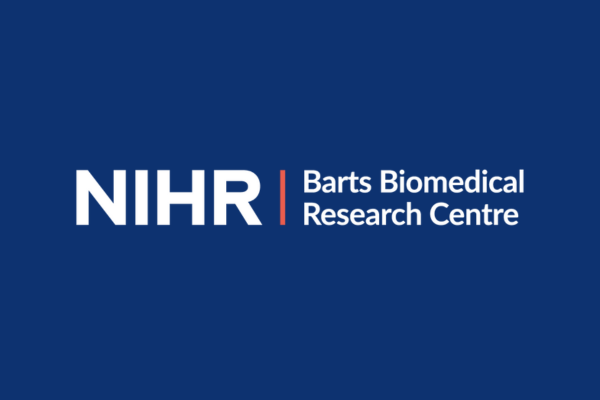Co-Theme Leads: Professor Thomas Powles and Professor Louise Jones
We host three Cancer Research UK Centres and led experimental medicine that established 400 NHS fresh tissue pathways and generated high fidelity tumour genomes on >17,000 patients. Barts led the development of novel cancer therapies in triple negative breast, and urothelial malignancy leading to international adoption.
We are extending this multi-omic approach to provide precision medicine to address unmet need in breast, pancreatic, urothelial, gastrointestinal and haematological malignancies.
We are combining this with our world-leading translational research into personalised therapies and biomarkers of response to transform patient care.
We are working with industry partners and the Experimental Cancer Medicine Centres (ECMC) network and the BRC network to support stratified cancer trials and create a national agnostic platform to evaluate and optimise cell-free DNA utility.
We are integrating novel approaches to clinical trials with deep patient characterisation novel multi-omic approaches and creating an innovative liquid biopsy analysis platform to address key clinical challenges for maximum impact.
We have three research questions the theme aims to answer:
To do this, we are building on our track record of biomarker-driven trials in bladder, and pancreas, including pre-operative window platforms in breast and are increasing our innovative early phase precision clinical trials using multi-omic signatures to direct therapy.
We have a unique strength in bench-to-bedside and bedside-to-bench approach often combining both in a single trial and have pathways for the pre-operative window trials offering critical access to treated tissue biopsies underpinning biomarker discovery. From this BRC, we will move from the advanced setting to the perioperative setting and from tissue-based biomarkers to circulating biomarkers.
We are working with our new Early Diagnostic Centre (EDC) to undertake close monitoring through liquid biopsy whole genome sequencing and imaging of patients.
We are building our translational programme on Ductal carcinoma in-situ (DCIS) of the breast. We are using novel breast imaging, applying multi-omic, using AI approaches to tissue samples developing risk signatures in breast and pancreatic cancer allowing de-escalation or escalation of treatment.
This BRC is partnering with other NIHR infrastructure to create an optimisation platform for this technology for the NHS with samples and multimodal data accessible.
We will develop our Natural Language Processing (NLP) methods to predict recurrence events from electronic health records (EHRs), We ae linking clinical with multi-omic data from tumour samples to drive phenotype-informed genetic analysis to predict outcome in our breast cancer patients through Genomics England.
Key Clinicians and Researchers
Precision clinical trials and therapy:
- Professor Marco Gerlinger
- Professor John Gribben
- Professor Hemant Kocher
- Professor Tom Powles
- Professor Peter Schmid
Precision diagnostics and Biomarker discovery:
- Professor Tatjana Crnogorac-Jurcevic
- Professor Kairbaan Hodivala-Dilke
- Professor Louise Jones
- Professor Nicholas Lemoine
- Professor John Marshall
- Dr Jessica Okusun
Bioinformatics, healthcare science & data modelling:
